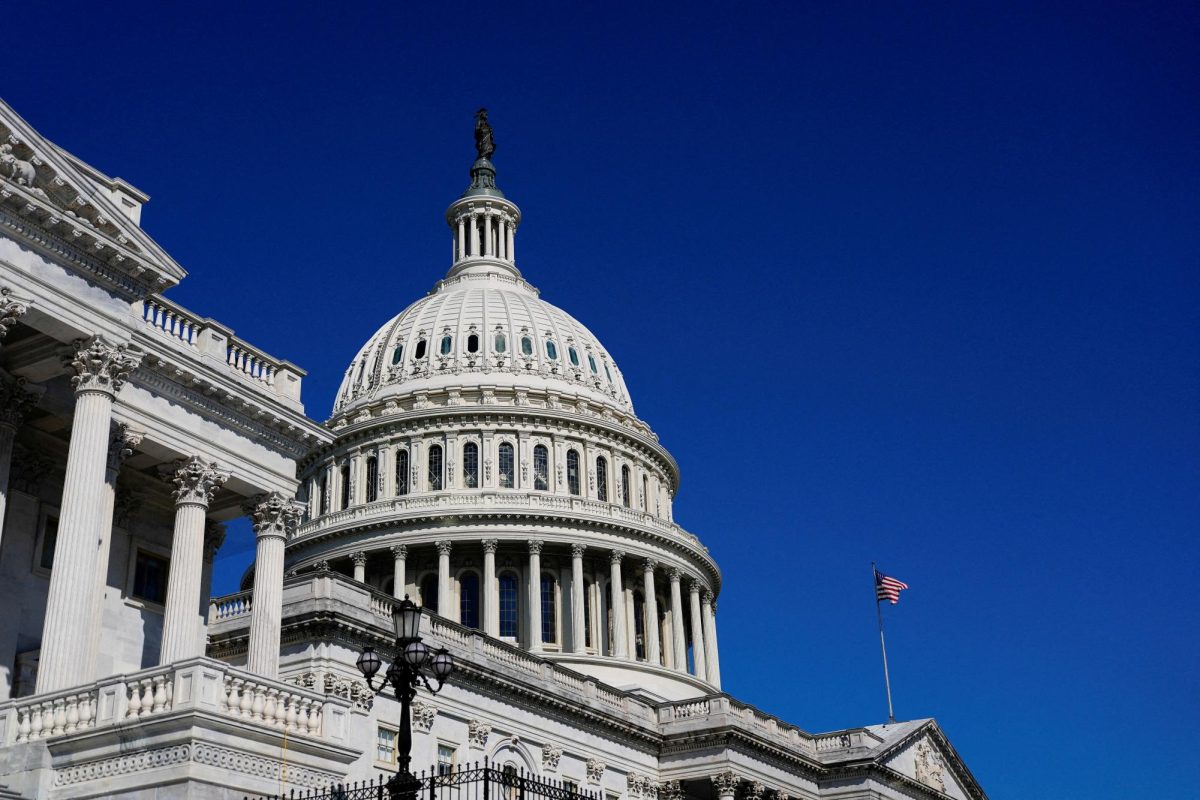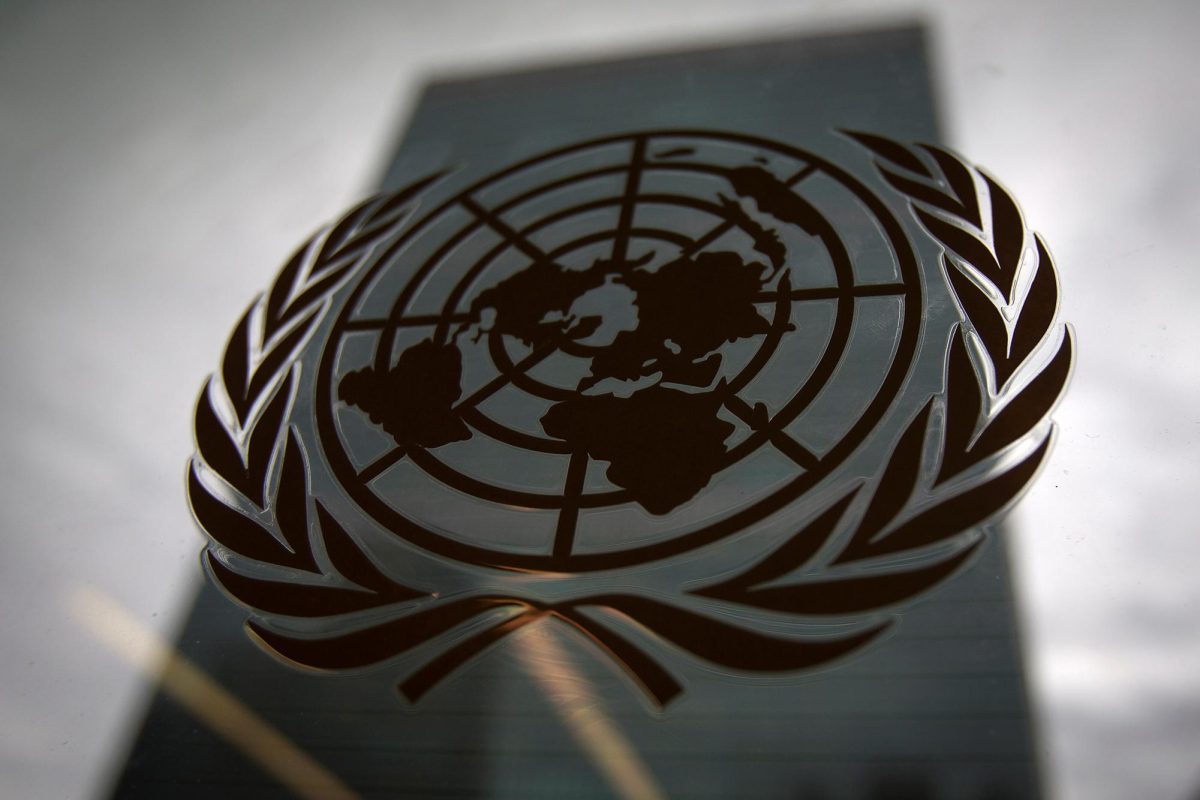A little under a month ago, Boston broke its daily high-temperature reading, hitting 86° on October 21st. This raised many concerns around Massachusetts and nationwide about the abnormally warm temperatures this fall. There is still a lot of uncertainty circulating about climate change and how much humans are actually affected by it, so here are 3 reasons why YOU should be concerned with global warming and a couple of ways you can do your part to protect yourself on this planet.
- Food and Water-borne diseases: This year alone, more than 3 million people have passed away due to waterborne diseases (approximately 2 million child deaths). Change in temperatures allows toxic bacteria and parasites to thrive in areas where they were not a threat before (bacteria grow more rapidly in warmer environments). An example of this is cholera, a disease that affects Afghanistan and Pakistan the most. Unclean water and poor sanitation have claimed more lives in the last 100 years than any other cause. In the U.S. alone, an estimated 48 million people get sick because of food-related illnesses – almost 3,000 die because of diseases caused. The number seems small but is still significant. Higher sea levels result in increased amounts of mercury in seafood, which is deadly for humans. A couple of diseases you may have heard of before are salmonella and botulism. An increase in atmospheric Carbon Dioxide changes the chemical composition of farm crops as well, thereby lowering the levels of proteins in them and decreasing their nutrition.
- Regulation in body temperature: Extreme heat and poor air quality increase health risks in children, older people, outdoor workers, and those with chronic illnesses. As heat waves dramatically increase, there are expected to be far more heat-related deaths, such as heat stroke and dehydration. In 2023, at least 2,325 people died in the U.S. because of this; the number of heat-related deaths has doubled in the last couple of years.
- Weather-related hazards: Climate change causes higher sea levels by increasing ocean and atmospheric temperatures, which increases the intensity of hurricanes and typhoons. Both the melting glaciers (the water seeping into the cracks of Earth’s crust causing them to widen and weaken) and the higher air pressure (releases energy in the Earth’s crust) lead to an increase in earthquakes. A disaster that has affected communities in our state recently is drought. Although we have not experienced as severe a drought as others around the country, it’s still an odd phenomenon for us to be experiencing. Warmer air temperatures lead to higher evaporation which dries out soil and vegetation.
These are just signs of bigger and worse things to come in the future. Maybe our generation won’t be greatly affected, but think about our families hundreds of years from now. There are small but important steps you, as an individual, can take to protect your family.
- Actively try to use less energy in your home. This can mean reducing your heat this winter, using cold water to wash your clothes, and/or hanging up your washed clothes instead of putting them in the dryer. I’ve been hang-drying my clothes for a couple of years now and I am never worried about them shrinking or pilling like they would in the dryer. The clothes only take 1-2 days to dry, and it’s a very beneficial alternative.
- Think about walking, biking, or using public transportation instead of driving. Of course, this is when walking to your destination is possible or public transportation is available. But reducing the amount of gasoline that is being burned in your vehicle is a perfect first step to helping the planet. Carpooling is another perfect alternative.
- Throwing away less food. Consider always leaving a restaurant with a takeout box instead of throwing your food out, or finishing the food in your fridge before going to the grocery store to buy more. Throwing away good food is a waste of resources and energy, and the food that gets thrown out rots in landfills and produces methane (a powerful greenhouse gas).













